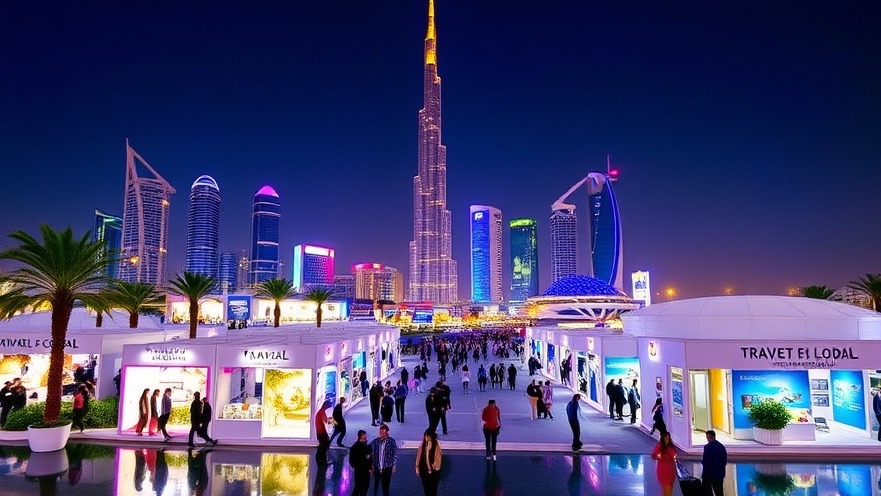Dubai, United Arab Emirates, 29 April 2025: As travel companies face a growing array of challenges, from operational inefficiencies to increasing demand for sustainability, food waste has surfaced as an unavoidable issue within the travel and tourism industry.
During the “What a Waste! How to Better Manage Food Waste in Tourism” session on the Future Stage at Arabian Travel Market (ATM) 2025, experts highlighted how operational inefficiencies, shifting consumer expectations, and the growing demand for sustainable business practices reshape hospitality management.
Delegates learned that two critical areas, food waste and energy generation, offer immediate opportunities for companies to achieve significant environmental and economic benefits.
Highlighting the role of local engagement, Enas Sobhy Ali, Head of Corporate Social Responsibility, Tadweer, discussed how hotels can drive food waste initiatives: “I believe that one of the key challenges that facing in the hospitality industry is the disconnection between operation and impact. As the priority for the hospitality industry is customer satisfaction, this can lead to overproduction and significant food waste from hotels. One of the most effective and simplest ways to address this is to start introducing waste auditing and enhancing the system for recycling bins.”
According to the UNEP Food Waste Index Report 2024, the world wasted an estimated 1.05 billion tonnes of food in the combined retail, food service and household sectors. Out of the total food waste in 2022, 60% happened at the household level, with food services responsible for 28% and retail for 12%, underscoring the urgent need for more efficient and sustainable food waste practices.
Speakers highlighted that reducing food waste can drive a circular economy in the hospitality sector. Additionally, new models for sustainable energy generation are assisting operators in lowering their carbon footprints. The session also offered practical solutions for hotel owners, operators, and investors eager to incorporate environmental stewardship into their main business strategies.
Dr. Amal Albedwawi, Senior Food Safety Specialist, UAE Food Bank, said: “As the UAE Food Bank, the main challenge we face when it comes to rescuing and recycling food from hotels and hospitality entities is the many different management approaches within the industry. Each hotel operates separately from one another, so we need to explain the merits of recycling food waste to each manager individually.
We try to make them understand that we work closely with the Food Safety Department to ensure that the participating hotels will not undertake any risk by participating in our food bank programmes. Reflecting the broader ATM 2025 theme of enhanced connectivity and innovation, the Future Stage continues to host transformative discussions on technology and entrepreneurship.

Elsewhere on today’s agenda, Cassie Kozyrkov, CEO of Kozyr, delivered an address entitled “AI Adoption: From Buzzwords to Business Strategy”, exploring how travel businesses can successfully leverage artificial intelligence to drive growth and innovation. Danielle Curtis, Exhibition Director ME, Arabian Travel Market, commented: Sustainability challenges, such as food waste, require innovative thinking and collaboration within our industry.
By facilitating practical discussions, ATM 2025 provides businesses with the knowledge and strategies they need to implement real change and safeguard their operations for the future.
The 32nd edition of Arabian Travel Market continues tomorrow (30 April) at Dubai World Trade Centre, welcoming more than 55,000 travel professionals from 166 countries. Held under the theme: Global Travel: Developing Tomorrow’s Tourism Through Enhanced Connectivity, ATM 2025 provides a vital platform for knowledge sharing, networking, and unlocking new opportunities for a sustainable, inclusive travel industry.
Held in conjunction with DWTC, ATM’s strategic partners include Dubai’s Department of Economy and Tourism (DET), Destination Partner; Emirates, Official Airline Partner; IHG Hotels & Resorts, Official Hotel Partner; and Al Rais Travel, Official DMC Partner.
 Add Row
Add Row  Add
Add 




Write A Comment